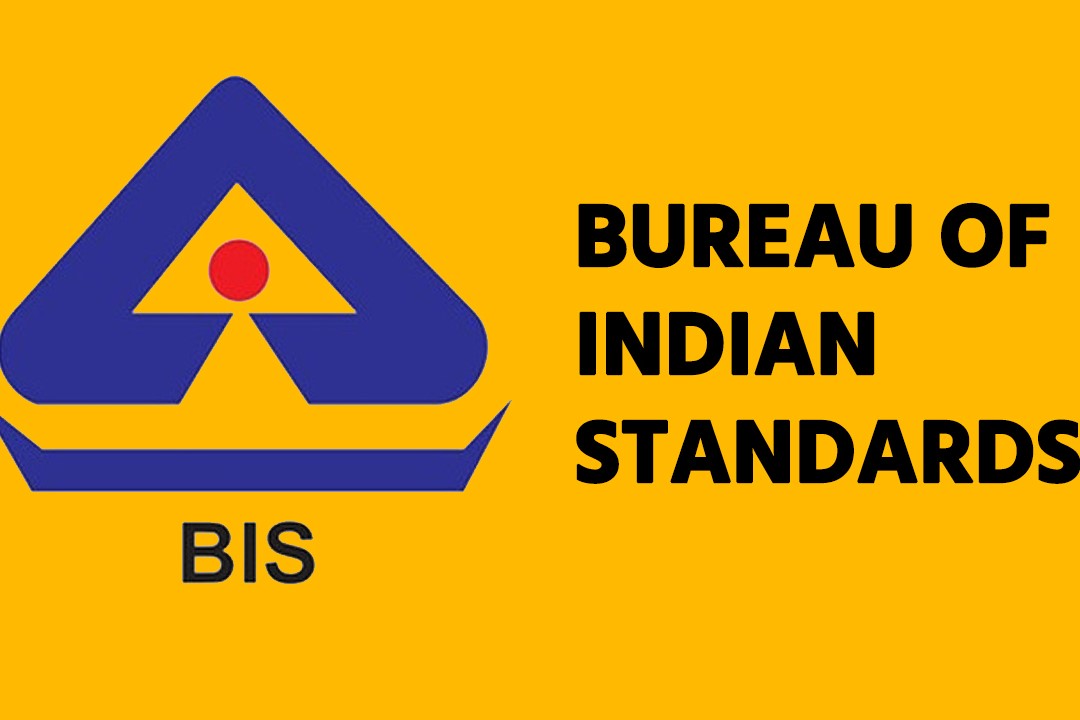
The Indian fastener industry is facing a significant challenge with the government's implementation of mandatory QCO (Quality Control Order) BIS (Bureau of Indian Standards) certification. This regulation mandates that all fastener products—whether manufactured domestically, stocked, imported, or sold—must comply with BIS certification standards. While this step aims to ensure quality and standardization, it has raised major concerns for suppliers, manufacturers, dealers, and stockists across the country.
The implementation of QCO BIS certification threatens the survival of numerous small and medium-sized fastener businesses. The high costs of certification, extensive documentation, and stringent compliance measures have created obstacles for businesses that were previously operating without these regulatory burdens. Many SMEs lack the financial and technical resources to obtain BIS certification, potentially forcing them to shut down operations or drastically reduce their product range.
With this new regulation in place, all imported fasteners must also meet BIS certification. This requirement disrupts the supply chain, particularly for businesses that source fasteners from global suppliers. Importers will now have to ensure that their products meet Indian certification standards, leading to increased lead times, added costs, and potential import restrictions. Fastener stockists and wholesalers must now audit their existing inventory and phase out any non-BIS-certified products, further straining business operations.
The government has made it clear that any violation of the QCO BIS certification mandate will result in severe penalties. Businesses found selling or stocking non-certified fasteners may face heavy fines and legal actions, with penalties ranging from monetary fines to business closures. This has instilled fear and uncertainty within the industry, as companies scramble to meet compliance deadlines.
If QCO BIS certification remains a rigid requirement without relaxation or government support, the Indian fastener market will see a drastic shift. Many smaller players may be forced to exit, leading to industry consolidation, where only large manufacturers with significant resources can continue operating. This will limit options for buyers and could lead to monopolistic pricing, ultimately affecting end-users.
Industry leaders and business associations are urging the government to reconsider the stringent implementation of QCO BIS certification. They are requesting:
While QCO BIS certification aims to enhance product quality, its sudden implementation has placed immense pressure on the fastener industry. Without government intervention, many businesses—especially SMEs—face the risk of closure, impacting employment and the overall economy. As the industry awaits further clarification, fastener manufacturers, suppliers, and dealers must stay informed, assess their compliance status, and engage in discussions with regulatory bodies to find a balanced solution that ensures both quality and business sustainability.
Stay updated with industry news and insights at FastenersWEB.com.
